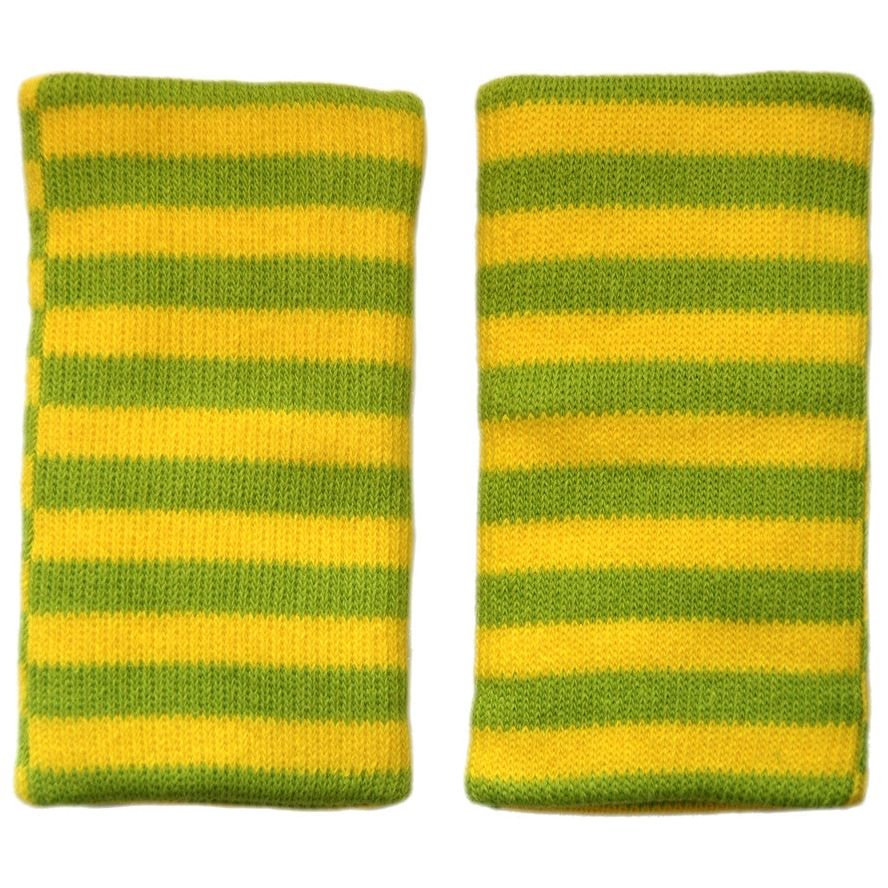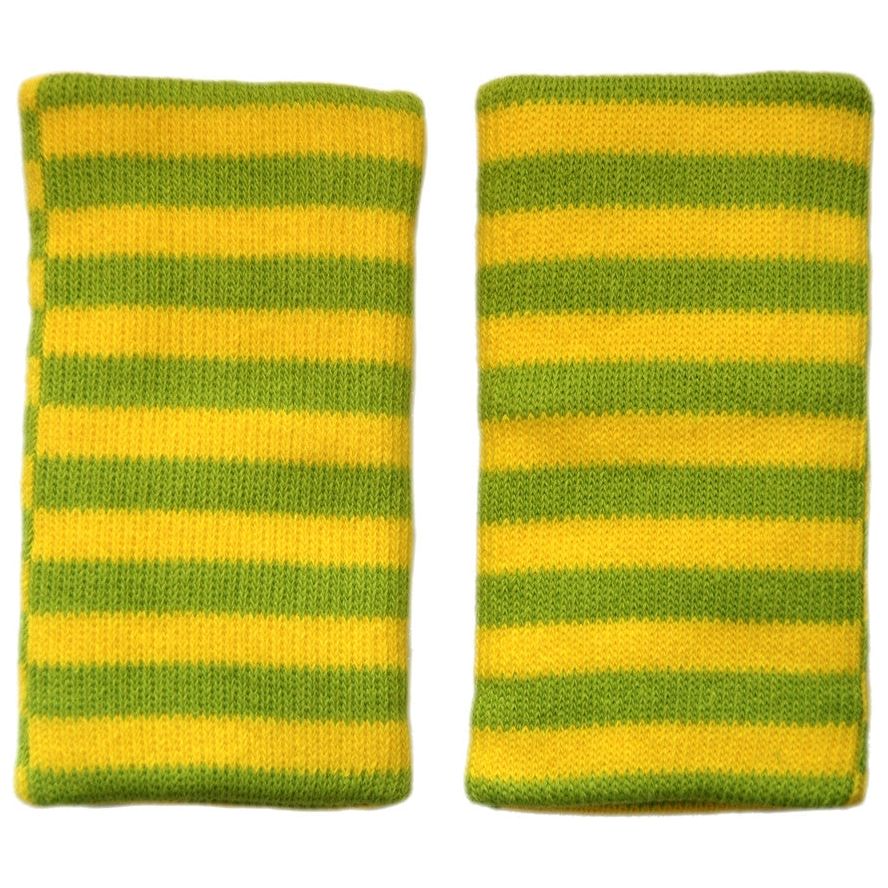School year has begun. Our children are coming home with homework. With all the extra curriculum activities, how do we, caregivers, manage homework/activity time with out-most effectiveness? We encounter this dilemma every day, so we decided to find some useful tips on how to teach our child useful study habits. We included everything we found useful below. Hopefully this information will help children and their caregivers to develop proper study skills and manage time more effectively, leaving plenty of room for extra activities, as well leave some time for relaxation.

Image taken from http://www.thisoldhouse.com/
The tips below were found on www.sylvanlearning.com, written by Sylvan Learning.
- Get Organized. Between homework, tests and extracurricular activities, it’s all too easy for things to slip through the cracks. A planner can help your child keep everything organized and students should write down assignments, appointments and to-do lists. Ask him or her to review items in the planner at both the beginning and end of the day to stay on track.
- Know the Expectations.Students shouldn't have any surprises when it come to how and what they will be graded on. By middle school and high school, most teachers will provide a course outline or syllabus, which can serve as a guide for the semester. If expectations aren’t clear, don’t wait until a bad report card comes in the mail. Your student should feel comfortable approaching teachers with questions about grading and assignments at any time. If this is not the case, it may be time for you as a parent to step in.
- Designate a Study Area. Yes, studying at the local coffee shop may seem like a good idea but not if there are constantly people interrupting or other disruptions. Even at home, studying in front of the TV won’t be the best use of your son or daughter’s time. Help your child by providing a quiet, well-lit, low-traffic space for study time. Take it one step further and institute a “communications blackout” policy with no cell phones or instant messaging allowed until schoolwork is done.
- Develop a Study Plan.First things first: students need to know when a test will take place, the types of questions that will be included and the topics that will be covered. From there, your student should create a study plan and allow ample time to prepare – there’s nothing worse than cramming the night before an exam. You can help by buying a wall calendar and asking him or her to assign topics and tasks for each day leading up to a due date or exam. Setting goals for each session is also key to success.
- Think Positively.Being in the right mindset can make all the difference. Encourage your child to think positively when studying or heading into an exam and by all means, avoid catastrophic thinking. Help him or her turn negative statements like “I’ll never have enough time to get a good grade on this exam” into positive ones like “I began preparing later than I should have but I put together a comprehensive study plan and will be able to get through the material prior to the exam.”
- Create a Study Group.Working in groups can help students when they’re struggling to understand a concept and can enable them to complete assignments more quickly than when working alone. Keep groups small and structured to ensure the maximum benefit to participants and reduce distractions.
- Practice Active Listening.It’s important for students to concentrate and avoid distractions when an instructor is presenting. Some tips to share with your child include: try concentrating on the main points being made, think about what the speaker is saying and pay attention to how things are said (gestures, tone of voice, etc.). They should avoid talking or thinking about problems when listening. If a teacher says “This is important” or “I’ll write this on the board,” there’s a good chance students will see the concept on an exam.
- Review Test-Taking Strategies.It is normal for your son or daughter to feel stressed when taking an exam. However, there are certain strategies that will help him or her manage the stress and do his or her best on the exam. First, make sure that your child arrives on time and tries to stay relaxed. Students should be sure to read all of the directions on the exam and pace themselves so as not to feel rushed. You can let your child know that it’s OK to skip around on a test, if allowed, as he or she may be more comfortable with certain topics than others.
- Read Actively.It’s all too easy for students to skim over an assigned book chapter and not know the main points of what they just read. Help your student to practice active reading by asking him or her to note the main idea of each passage and look up unfamiliar words or concepts. Make an outline of the chapter or create flow charts and diagrams that help map out the concept at hand. After each section, have students write a summary in their own words and come up with possible exam questions.
- Look to the Future.For some students, college and may seem like an intangible event in the very distant future, but in reality, these aren't so far off. Starting early can be an immense help in navigating the college admissions process. Be sure to get organized, set goals with your child and have regular check-ins to assess progress."
Collection of information below was taken from www.a-better-child.org. 
Image taken from http://www.susanweinernutrition.com/
Good Study Habits = Good Grades "I trust all parents know how true that statement is. Your children were not born knowing how best to study their school lessons. I have heard parents yelling at their child because their grades were terrible. Then they would say to them,"You need to learn to study better ". Did they do that because they themselves do not know how to study in order to learn new things? It is likely their parents told them they needed to learn how to study better. We tend to pass on what and how our parents taught us. As parents it is your responsibility to set a good example. If you were never taught how to study in order to remember what you have read or experienced, then it would be difficult to teach your children good study habits. You need to help your children develop good study habits. Even if you don't know how to study, you need to sit down with your child and help them come up with new ideas for helping them learn and remember what they study. For many of us we can read all day, but may not remember most of what we read. That's why it's important to help your child learn how to study in order to remember what they have studied. Since everyone is an individual, not every solution will be helpful with every child. It may take trial and error, probably more error than success. You and your child, together, must find what works best for them. The most important thing is don't give up. The result will more than makeup for the time and work both of you have put in to learning good study habits. A child that learns good study habits will grow into a well rounded adult.

Image taken from http://ww"191"]w.asdk12.org/
Study Habits and Homework Many of the issues concerning success in school revolve around developing good study habits and expectations regarding homework. Parents can certainly play a major role in providing the encouragement, environment, and materials necessary for successful studying to take place. Some general things adults can do, include: Establish a routine for meals, bedtime and study/homework Provide books, supplies, and a special place for studying Encourage the child to "ready" himself for studying (refocus attention and relax) Offer to study with the child periodically (call out spelling words or do flash cards) An established study routine is very important, especially for younger school age children. If a child knows, for example, that he is expected to do homework immediately after supper prior to watching television, he will be better able to adjust and ready himself than if he is allowed to do homework any time he pleases. Connected to the idea of a study routine is the concept of a homework chart. This type of visual system tends to work very well, especially with children ages 9-12. The chart might look something like this:
| Day | Reading | Math | Science | Spelling |
| Monday | ||||
| Tuesday | ||||
| Wednesday | ||||
| Thursday | ||||
| Friday | ||||
| Saturday | ||||
| Sunday |
All children need their own place at home to do homework. The space does not need to be big or fancy, but it needs to be personal so that they feel it is their "study place." Remember, learning styles differ from child to child, so the study place should allow for these differences. Parents can take a walk through the house with their child to find that special corner that is just right. The above was borrowed from: http:// www.urbanext.uiuc.edu/ succeed/05-studyhabits. html

Image taken from http://www.tuckahoecommonsd.com/
Ten Ways to Help Your Child Get Organized Developing good organizational skills is a key ingredient for success in school and in life. Although some people are by nature more organized than others, anyone can put routines and systems in place to help a child "get it together." The Coordinated Campaign for Learning Disabilities has compiled a list of strategies that you can use to help your child get, and keep, her life under control.
- Use checklists. Help your child get into the habit of keeping a "to-do" list. Use checklists to post assignments, household chores, and reminders about what materials to bring to class. Your child should keep a small pad or notebook dedicated to listing homework assignments. Crossing completed items off the list will give him a sense of accomplishment.
- Organize homework assignments. Before beginning a homework session, encourage your child to number assignments in the order in which they should be done. She should start with one that's not too long or difficult, but avoid saving the longest or hardest assignments for last.
- Designate a study space. Your child should study in the same place every night. This doesn't have to be a bedroom, but it should be a quiet place with few distractions. All school supplies and materials should be nearby. If your young child wants to study with you nearby, too, you'll be better able to monitor his progress and encourage good study habits.
- Set a designated study time. Your child should know that a certain time every day is reserved for studying and doing homework. The best time is usually not right after school most children benefit from time to unwind first. Include your child in making this decision. Even if she doesn't have homework, the reserved time should be used to review the day's lessons, read for pleasure, or work on an upcoming project.
- Keep organized notebooks. Help your child keep track of papers by organizing them in a binder or notebook. This will help him review the material for each day's classes and to organize the material later to prepare for tests and quizzes. Use dividers to separate class notes, or color-code notebooks. Separate "to do" and "done" folders help organize worksheets, notices, and items to be signed by parents, as well as provide a central place to store completed assignments.
- Conduct a weekly cleanup. Encourage your child to sort through book bags and notebooks on a weekly basis. Old tests and papers should be organized and kept in a separate file at home.
- Create a household schedule. Try to establish and stick to a regular dinnertime and a regular bedtime. This will help your child fall into a pattern at home. Children with a regular bedtime go to school well -rested. Try to limit television-watching and computer play to specific periods of time during the day.
- Keep a master calendar. Keep a large, wall-sized calendar for the household, listing the family's commitments, schedules for extracurricular activities, days off from school, and major events at home and at school. Note dates when your child has big exams or due dates for projects. This will help family members keep track of each other's activities and avoid scheduling conflicts.
- Prepare for the day ahead. Before your child goes to bed, he should pack schoolwork and books in a book bag. The next day's clothes should be laid out with shoes, socks, and accessories. This will cut down on morning confusion and allow your child to prepare quickly for the day ahead.
- Provide needed support while your child is learning to become more organized. Help your child develop organizational skills by photocopying checklists and schedules and taping them to the refrigerator. Gently remind her about filling in calendar dates and keeping papers and materials organized. Most important, set a good example.
The above was borrowed from: http://life. familyeducation.com/parenting /organization/36373.html

Image taken from sciencebhakta.wordpress.com
Helping Your Student Get the Most Out of Homework By National PTA & National Education Association Many students try to avoid it, but teaching and learning research indicates that children who spend more time on regularly assigned, meaningful homework, on average, do better in school. This article answers questions many people have about homework. It gives specific advice for helping your children. Here are some quick hints to help your child get the most out of homework. Homework Hints Assume that your children will have studying to do every night. Ask your children if they understand their homework. If they do not, work a few examples together. Ask your children to show you their homework after the teacher returns it, to learn where they're having trouble and where they're doing well. See if your children did the work correctly. Stay in touch with your children's teachers. Ask about their classes and what they are studying. Ask their teachers how you can support what they are studying (flash cards, spelling, etc.). Remember, you and their teachers want the same thingto help your children learn. Don't be afraid to get in touch with the teacher if you and your child don't understand an assignment or if your child is having a great deal of trouble. Almost all parents run into these problems, and teachers are glad to help. Don't do your children's work for them. Help them learn how to do it themselves. Show your children that you think homework is important. If you are at work during homework time, ask to see their work when you get home. Praise your children for doing well. Make praise a habit. Maintain a portfolio of "best pieces." Ask your school about tips or guides for helping your children develop good study habits. Help older students organize their assignments by recording them on calendars or planners, along with due dates, dates turned in, etc."


























